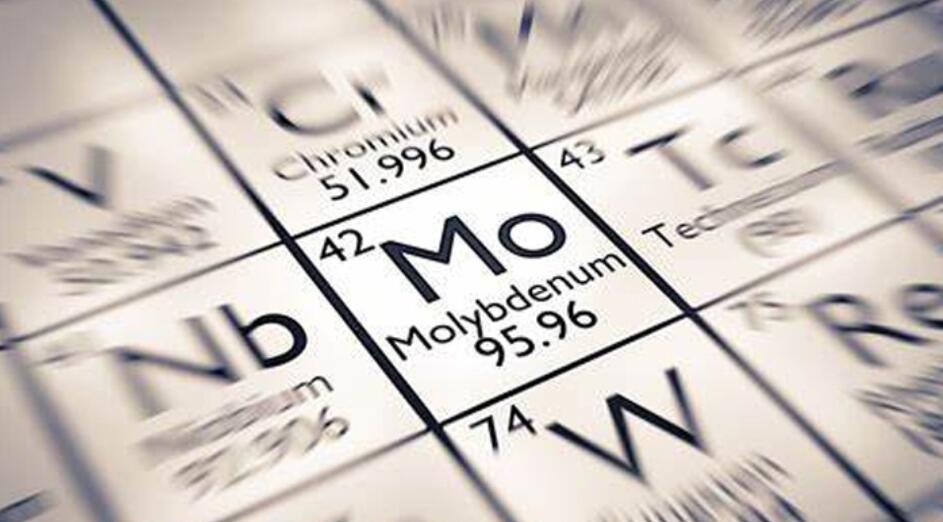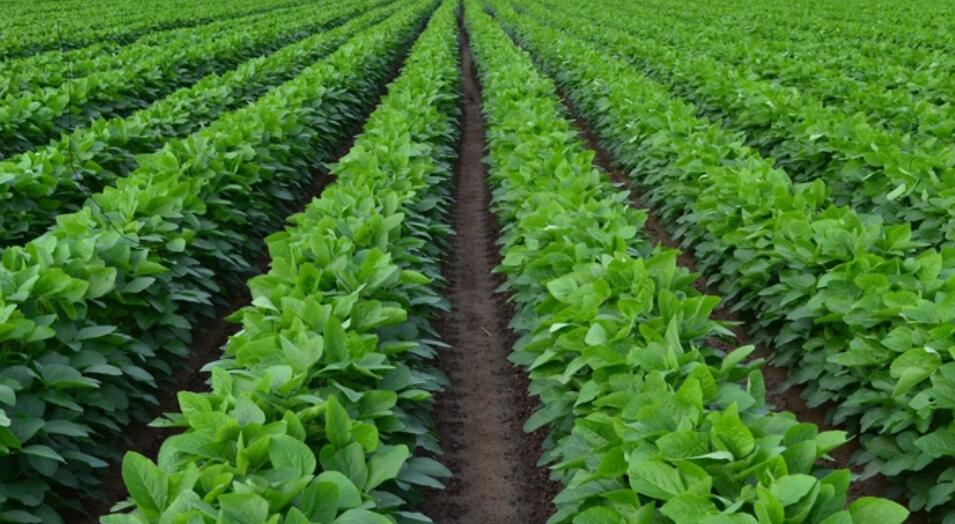Molybdenum Fertilizer

Molybdenum Fertilizer
Although the demand for molybdenum is relatively small during the growth of crops and flowers, molybdenum is still one of the essential micronutrient elements for plants. Molybdenum fertilizer not only plays an important role in biological nitrogen fixation but also participates in the reduction process of nitric acid. Besides, molybdenum fertilizer can promote the absorption of phosphorus by plants and the conversion of inorganic phosphorus to organic phosphorus. In addition, it also plays an important role in the production, operation, and conversion of vitamin C and carbohydrates.

Molybdenum Fertilizer
What kinds of molybdenum fertilizers are there?
1. Ammonium Molybdate (containing molybdenum 54%), and Sodium Molybdate (containing molybdenum 39%) - They are very soluble in water and are suitable for soil fertilization, foliar spraying, and seed treatment.
2. Molybdenum Trioxide (66.6% molybdenum) - Its solubility is relatively small, and it also has certain effects.
3. Industrial Waste Residues Containing Molybdenum - It is a good cheap fertilizer source, such as scraps of molybdate production (about 10% molybdenum).
4. Molybdenum Superphosphate - It is made by adding ammonium molybdate, sodium molybdate, molybdenum trioxide, and even industrial waste containing molybdenum to superphosphate.
5. Molybdenum-containing Glass Fertilizer - It is hard to dissolve in water and is a slow-acting fertilizer. It is often used as a base fertilizer. It must have a finer particle size for long after-effects.
Which crops are molybdenum fertilizers often used?
At present, the most commonly used crops of molybdenum fertilizer are soybeans and peanuts in legumes. Molybdenum fertilizer can make peanuts more fruitful, peanut kernels plump, increase snow peas production, increase disease resistance, and prolong the harvest period. Because molybdenum is an essential element for nitrogen fixation in legumes. In addition, broccoli, cotton, sugar beet, tomato, and other crops require relatively more molybdenum.
How to use molybdenum fertilizers?
The application methods of molybdenum fertilizer mainly include molybdenum application in the soil, foliar spraying, and seed treatment. Among them, foliar spray and seed treatment are the most commonly used.
Conclusion
Thank you for reading our article and we hope it can help you have a better understanding of the molybdenum fertilizer. If you want to learn more about molybdenum metal, we would like to advise you to visit Advanced Refractory Metals (ARM) for more information.
Headquartered in Lake Forest, California, USA, Advanced Refractory Metals (ARM) is a leading manufacturer & supplier of refractory metals & alloys across the world. It provides customers with high-quality refractory metals & alloys such as molybdenum, tantalum, rhenium, tungsten, titanium, and zirconium at a very competitive price.
{{item.content}}
LEVE A REPLY
{{item.children[0].content}}
{{item.content}}






